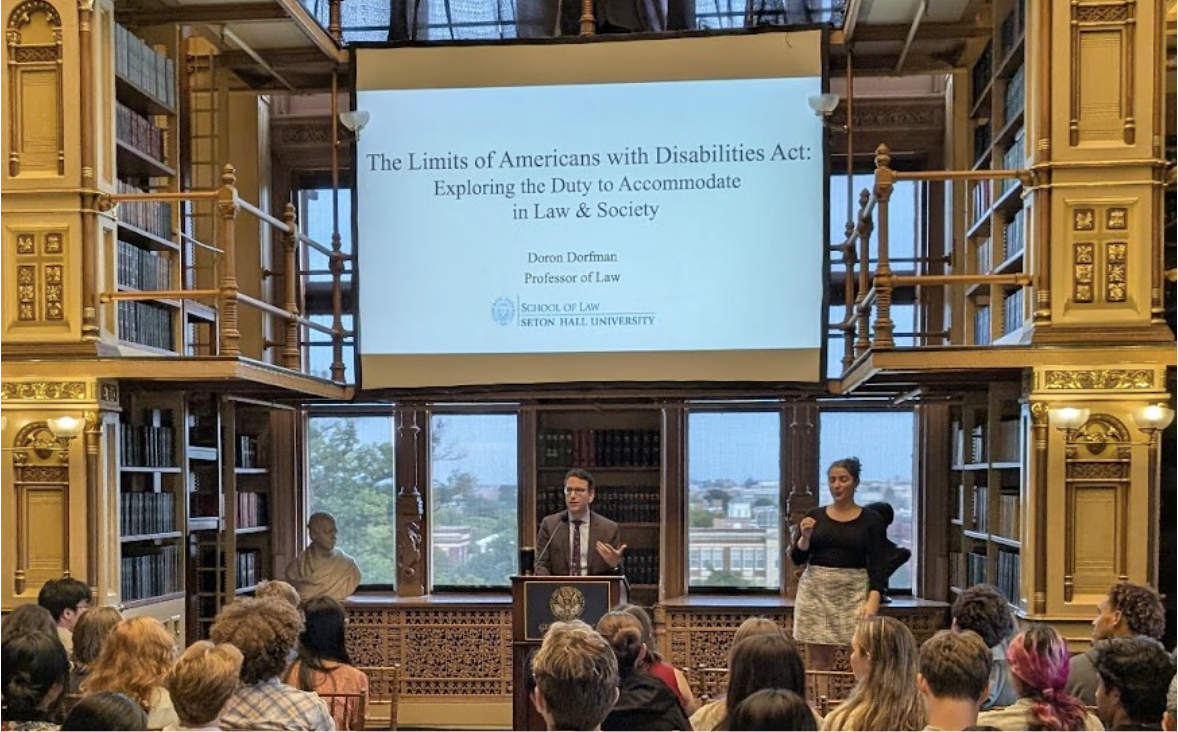Technology has always fundamentally shaped politics. From the printing press to the internet, technology dictates how humans access information, giving it a crucial role in political discourse. Nonetheless, this influence has never been as direct as it is today.
In the past, technological innovations were mostly developed by researchers and corporations. Now, however, tech CEOs, namely Elon Musk, are much more directly engaged in politics.
Since his purchase of Twitter, which he later renamed X, Elon Musk has been steadily involved in politics. He laid off 80% of X’s employee base, an approach he would later bring to the U.S. government. He also lifted many content moderation policies on the app, which led to rises in hate speech and appearances of racial slurs. Furthermore, these changes allowed Donald Trump, who was previously banned from Twitter for inciting violence, to return to the platform. The series of changes may have seemed neutral or purely business-motivated, but they had already set the stage for Musk’s entrance into politics.
After his inauguration, President Trump named Musk the head of the new Department of Government Efficiency (DOGE), which would focus on cutting federal spending by laying off government employees deemed unproductive or inefficient. Outside of Musk’s direct actions, Musk’s former colleagues and people with similar backgrounds in technology and business head DOGE. Now, more than ever, tech oligarchs are directly in charge of government decisions. Even outside of Musk, owners and CEOs of trillion-dollar tech companies are shaping the government in unprecedented ways.
In a fashion similar to his purge of the former Twitter, Musk and DOGE are trying to cut costs by shutting down entire government agencies and firing employees they view as unnecessary. Musk seems to be treating the federal government as a business whose primary goal is to minimize loss and maximize profits. However, the government is not a business and should not be treated as such. The government is for the people, and its primary purpose should be to serve the interests of its citizens.
DOGE is doing what the government should not do: it is prioritizing its financial state over providing people with necessary social services. The cuts in federal grants to universities throughout the country will impede research activity and create more unemployment in academia. Myanmar has already felt cuts to USAID, where, as of March 31, the U.S. has yet to send a Disaster Assistance Response Team (DART), a team deployed to provide rapid assistance in disaster-affected areas, for the recent magnitude 7.7 earthquake that killed more than 3,000. This contrasts the U.S. response to the earthquake of similar magnitude two years ago in Turkey and Syria, where the U.S. government sent a DART within a day.
The increase in the presence of tech oligarchs like Musk in politics, as well as the immense influence that these leaders now hold, reinforces the rhetoric that the U.S. is powerful because it is a meritocratic country. People tend to see technology industry leaders, like Musk, as intelligent and capable. They are believed to have risen to the top purely through hard work, when in reality, other factors like privilege and luck were also crucial to their journeys. Nonetheless, tech oligarchs are given the power to eliminate diversity, equity and inclusion (DEI) in hiring and are even attempting to coerce educational institutions into ending DEI with threats of massive funding cuts.
This merging of technology and politics is in some ways a microcosm of the state of U.S. politics, given the current administration’s purported emphasis on meritocracy and efficiency. In other ways, it moves beyond politics. It is a trend wherein technology leaders are becoming crucial voices. The influence of the technology industry is no longer limited to the products and services it provides. It is now capable of influencing the world through political power as well. In a world with a few trillionaire oligarchs leading the industry, their political involvement may pose a serious threat to democracy.




